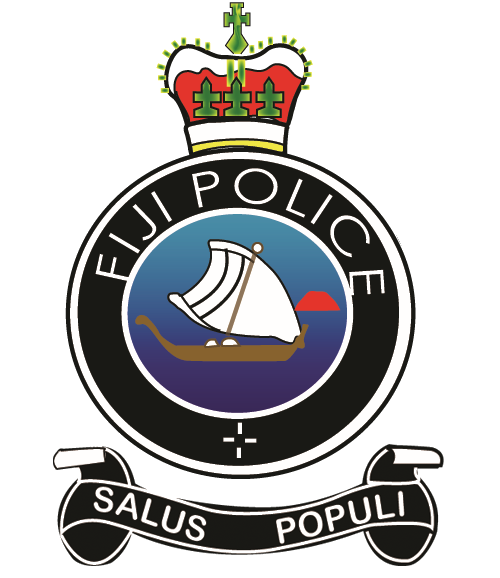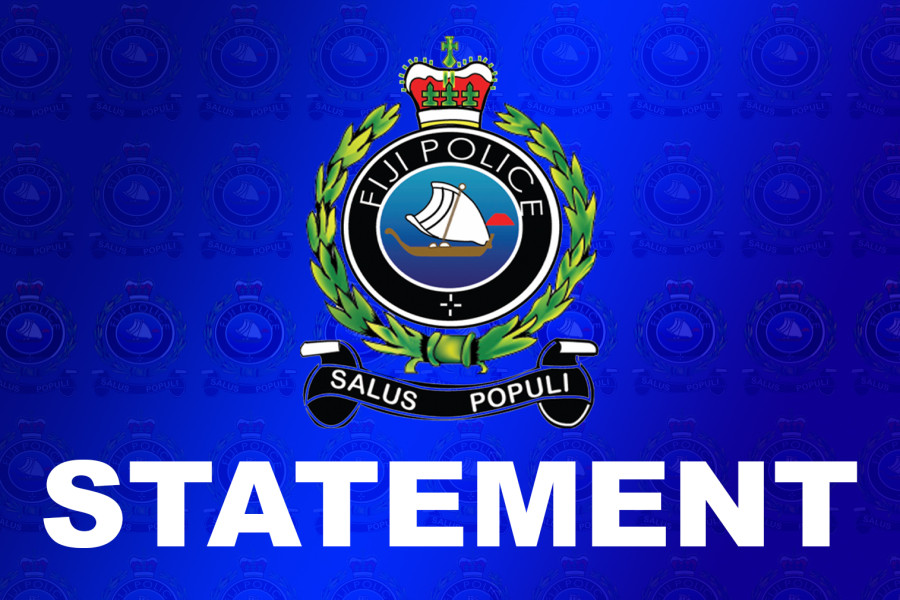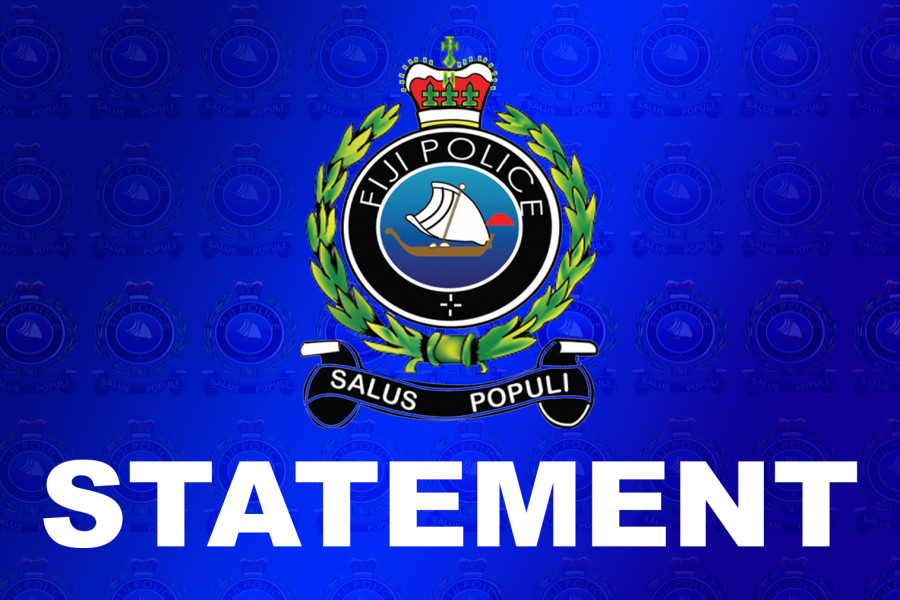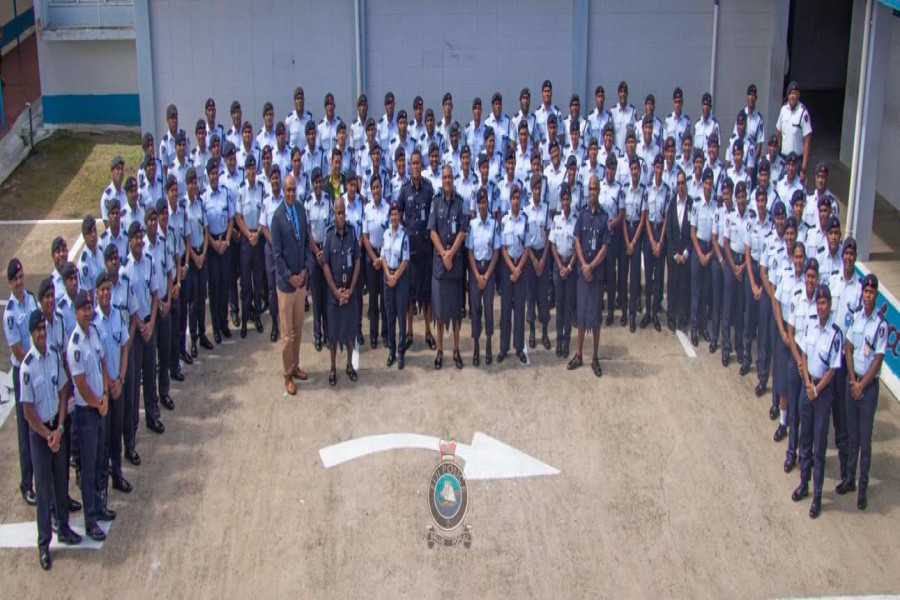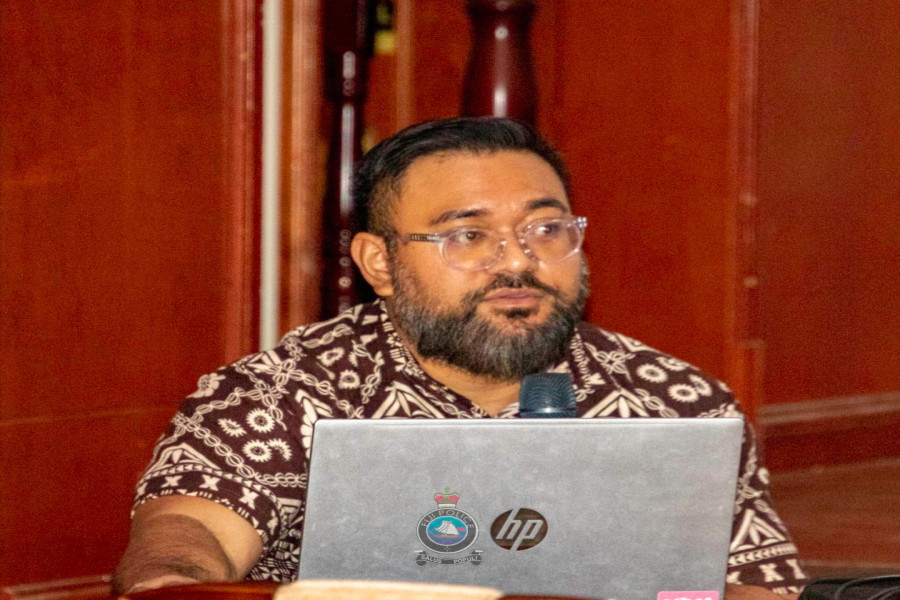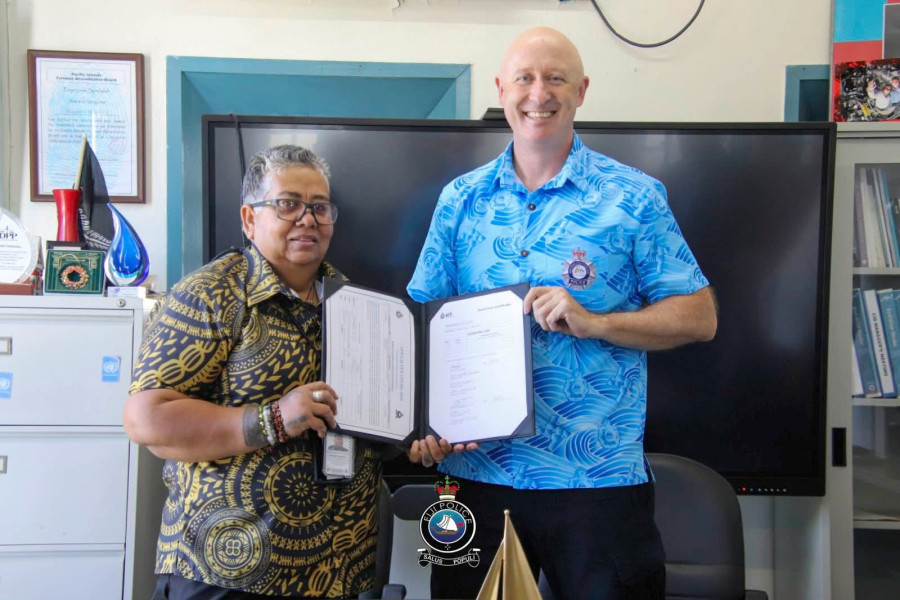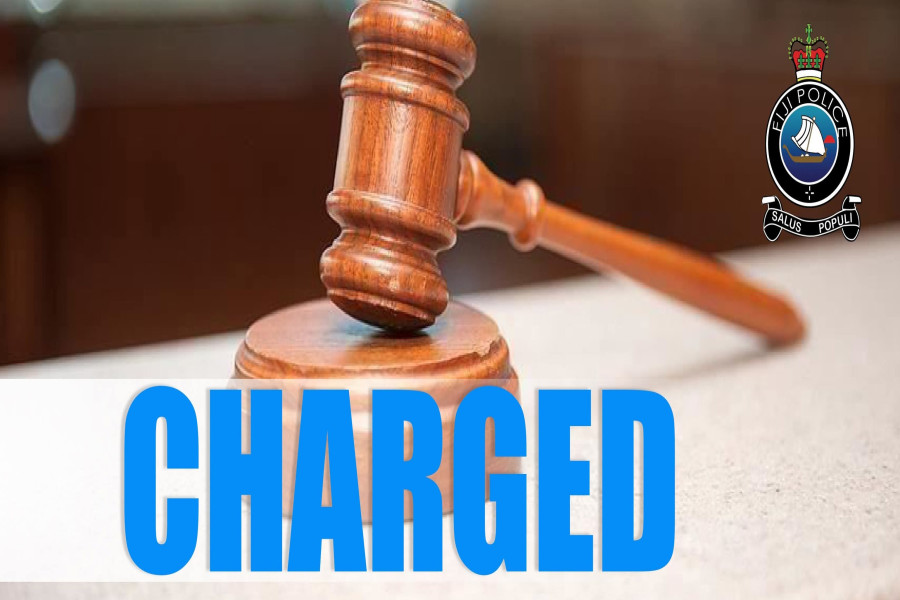Day 2: Gender and Family Harm Workshop
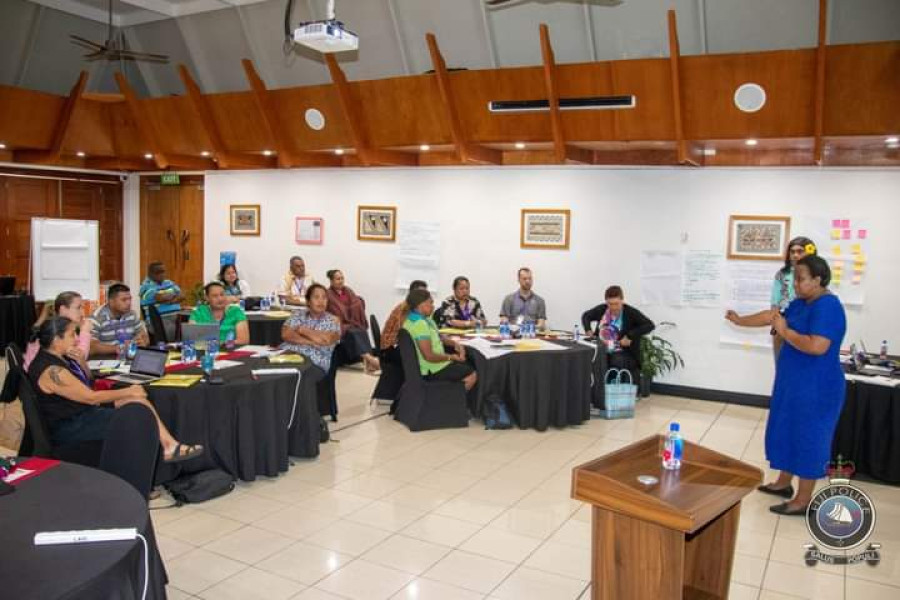
Day two of the Pacific Islands Chiefs of Police Gender and Family Harm Workshop co-facilitated with the Pacific-Community-SPC focused on unpacking Gender and Family harm in the Pacific region.
SPC Team Leader Governance and Institutional Strengthening, Neomai Maravuakula and Human Rights Advisor William Nainima said the success of the implementation of the PICP Gender and Family Harm Strategic Direction would depend on PICP member countries' individual commitments.
Ms Maravuakula said, “If you can come up with two things that your country or organisations can do to progress its efforts in addressing Gender and Family Harm and gender equality, you are helping the PICP meet its commitment under its GFH strategic Direction, which in turn helps your countries meet its regional commitments so you’re helping your Government as a whole”.
“In this workshop, you will start to unpack what you can do at the national level”.
SPC Human Rights Advisor William Nainima said an important factor to keep in mind when drawing up activities aligned to the implementation plans, is to understand the root causes of GBV in the Pacific which revolve around values and culture, that have been identified as barriers to creating the much needed safe spaces for GBV victims.
PICP’s Executive Coordinator and Gender and Family Harm (GFH) Team Manager Loretta Hunt-Tevaga stressed that vital to the effective implementation and sustainability of the PICP GFH Strategic Direction is the collective will and continuity.
“We need to find our voices. If you are representing your countries, you need to go back and speak to your Commissioner’s. This is our responsibility also as the PICP Secretariat to go back and inform them of the outcomes during this week". "My recommendation to them will be to keep the people that have attended this workshop to continue working within this space in order for us to make change. I am one voice, us collectively, we are stronger together".
Gender and Family Harm is widely recognised as a risk to human security and a potential destabilising factor for communities and societies alike. It remains pervasive across the Pacific, and as it is still considered a sensitive issue in most Pacific cultures, its prevalence often goes unreported.
Tonga Police Australian Federal Police Kiribati Police Service Cook Islands Police Service New Zealand Police Vanuatu Police Force Samoa Police, Prisons & Corrections Services Nauru Police Force Bureau of Public Safety, Palau Marshall Islands Police Department Niue Police Department - Faahi Gahua Leoleo ha Niue Tuvalu police service RSIPF CNMI Department of Public Safety Haut-Commissariat de la République en Nouvelle-Calédonie
#OurBluePacific #SaferTogether #PacificPeoples #gfhpacific2023 #pacificchiefsofpolice #GBVfreePacific
